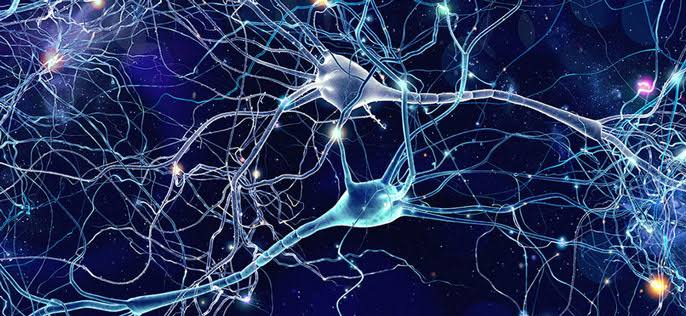
Indian Researchers identify the possible cause of Alzheimer’s
 Researchers from National Brain Research Centre (NBRC) and All India Institute of Medical Sciences (AIIMS) have found a cause of Alzheimer’s disease. The study is published in the Human Brain Mapping Journal in its latest issue.
Researchers from National Brain Research Centre (NBRC) and All India Institute of Medical Sciences (AIIMS) have found a cause of Alzheimer’s disease. The study is published in the Human Brain Mapping Journal in its latest issue.
The clinical study has found that a protective molecule in the brain called Glutathione that neutralizes the effect of oxidative stress in the brain, a contributor to Alzheimer’s disease, gets depleted. According to scientists, the depletion of a form of Glutathione called as good Glutathione in some parts of the brain might be a possible cause of Alzheimer’s disease. “Now it is shown by state-of-the-art imaging technique from the Alzheimer’s patients’ brain only one form of Glutathione (good Glutathione) is capable of protecting the brain from Oxidative stress and possibly prevent Alzheimer’s disease,” said Lead scientist Pravat Mandal at NBRC.
“A form of Glutathione is dependent on the brain environment, which in turn, especially of elderly is dependent upon stress coming from various sources. Elderly face various factors of stress such as sudden loss of family or friend, job, retirement, financial loss, non-congenial irritating family environment and heavy pollution etc. With such an environment the amount of good Glutathione gets depleted,” he added. The study was carried out on over 100 patients of different age groups at the outpatient department of AIIMS.
“This critical information prompted to perform for the next stage for Clinical trial using glutathione in patients with mild cognitive impairment. We are waiting for some funding from the government agency,” said Mandal.
The conclusion of the study was as follows: This study provides conclusive evidence that GSH depletes significantly in CC regions of DMN, thus emphasizing the role of OS in AD pathology. In PCC region, the magnitude of GSH reduction among MCI patients when compared to NC was found to be higher, than in the ACC region. The GSH change in CC region was found to be similar with our earlier observation in the HP and FC regions, which also supports the hypometabolism of the antioxidant mechanism. To the best of our knowledge, no study is available which investigates the GSH alteration in both ACC and PCC regions of MCI and AD patients using MEGA‐PRESS. Also, no study till date has demonstrated the concurrent changes in GSH and NAA, Cr, Cho metabolites in both ACC and PCC regions using MEGA‐PRESS sequence. The present research has opened up a new area to monitor the alteration of GSHcl and GSHex forms in healthy and different pathological conditions, which is active ongoing research at NINS laboratory, NBRC, India. Further longitudinal investigation with a larger sample size is urgently needed to detect the causal changes in the two different GSH conformers with AD progression. Moreover, a clinical trial is already planned at the NINS laboratory and proposed to assess the impact of oral GSH supplementation among MCI patients to improve their cognitive performance.
Other scientists involved in the research were Manjari Tripathi and Deepika Shukla. The scientists are also planning to further scale up the research and measure the Glutathione in people of different ages.
Source: The Livemint.